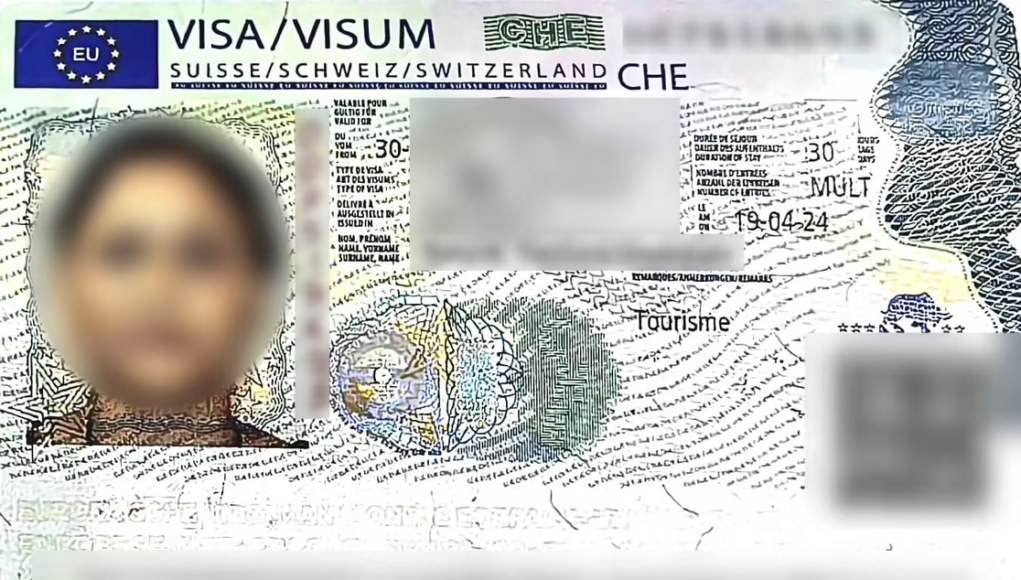Planning a trip to Switzerland, the land of majestic Alps, world-class chocolate, and unparalleled tranquility? Whether you’re heading there for tourism, business, study, or family purposes, securing the appropriate visa is crucial. Here’s a comprehensive guide to help you navigate the Switzerland visa application process effectively.
1. Understand the Switzerland Visa Types
Switzerland is part of the Schengen Zone, which means most travelers will require a Schengen Visa to enter. However, depending on your purpose of visit, the visa type may vary:
- Tourist Visa: For leisure travel and sightseeing.
- Business Visa: For attending meetings, conferences, or business-related activities.
- Student Visa: For short-term or long-term studies.
- Family Reunion Visa: For visiting close relatives residing in Switzerland.
- Transit Visa: For travelers passing through Swiss airports.
2. Check If You Need a Visa
Not everyone requires a visa to enter Switzerland. Citizens of EU/EEA countries, the USA, Canada, Australia, and a few other countries can enter visa-free for short stays (up to 90 days within a 180-day period). To determine your eligibility, visit the official Swiss Embassy website.
3. Gather the Required Documents
The Swiss authorities are meticulous about documentation. Ensure you prepare the following documents in advance:
General Requirements:
- Completed Visa Application Form: Fill out the form online or download it from the Swiss Embassy website.
- Valid Passport: Must have at least two blank pages and be valid for at least three months beyond your intended departure date.
- Two Recent Passport-Sized Photos: Must meet the Schengen photo guidelines.
- Travel Itinerary: Include round-trip flight reservations and planned activities.
- Travel Insurance: Coverage of at least €30,000 (or equivalent) for medical emergencies, valid in the entire Schengen Zone.
- Proof of Accommodation: Hotel reservations, rental agreements, or an invitation letter from a host in Switzerland.
- Proof of Financial Means: Bank statements for the last three months or a sponsorship letter showing you can cover at least CHF 100 per day.
- Visa Fee Receipt: Proof of payment for the visa processing fee (CHF 80 for adults, CHF 40 for children aged 6–12).
Additional Documents for Specific Visas:
- Business Visa: Invitation letter from the Swiss company and proof of your business relationship.
- Student Visa: Admission letter from the Swiss educational institution.
- Family Visa: Proof of relationship (e.g., birth or marriage certificates).
4. Book an Appointment at the Swiss Embassy/Consulate
Visit the nearest Swiss Embassy or Consulate in your country to schedule an appointment. Alternatively, Switzerland may outsource visa applications to third-party visa application centers like VFS Global. Use their online portal to confirm the correct submission point in your region.
Helpful Links:
5. Attend Your Appointment
During the appointment, submit your documents and biometric data (fingerprints and photo). Arrive on time, as delays may affect your application. Expect to answer a few questions about your trip, such as:
- Why are you visiting Switzerland?
- Who will be funding your trip?
- Do you have ties to your home country (e.g., job, family)?
6. Pay the Visa Fee
The Schengen Visa fee is payable at the application center or embassy. Accepted payment methods vary, so check in advance. Fees include:
- Adults: CHF 80
- Children (6–12 years): CHF 40
- Children under 6 years: Free
- Long-Stay National Visas: CHF 116 (subject to purpose).
Fees are non-refundable, even if your application is rejected.
7. Wait for Processing
Visa processing typically takes 15 working days but may extend to 30–60 days during peak travel periods or for complex applications. Tracking services are available via the application center or embassy.
8. Receive Your Visa
Once approved, collect your visa from the application center or opt for courier delivery if available. Double-check your visa details, including:
- Name and personal information
- Visa validity dates
- Number of entries allowed
If denied, you have the right to appeal. The rejection letter will detail the reasons and appeal procedures.
Tips for a Successful Application
- Apply Early: Start your application at least 3 months before your travel date.
- Ensure Accuracy: Double-check all forms and documents to avoid errors.
- Provide Genuine Information: Misrepresentation can lead to refusal and potential blacklisting.
Applying for a Switzerland visa might seem daunting, but preparation is key. By following this guide and adhering to embassy requirements, you can enhance your chances of a successful application.
For more information, visit:

